Table of Contents
- Exploring the Poetic Beauty of London 1802
- The Historical Context: Industrial Revolutions Impact on Wordsworths Poem
- Analyzing Wordsworths Critique of Society in London 1802
- Unveiling the Timeless Relevance of London 1802
- Interpreting Wordsworths Call for Change in London 1802
- Q&A
- Concluding Remarks
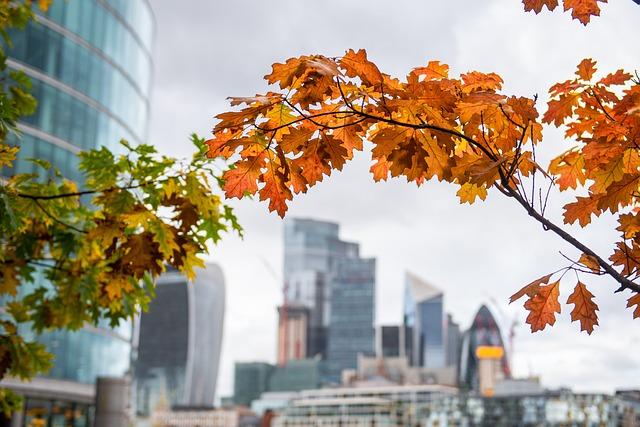

Exploring the Poetic Beauty of London 1802
Strolling through the cobblestone streets of London 1802 feels like stepping into a time capsule of poetic brilliance. The echoes of Wordsworth’s verses resonate through the air, intertwining with the city’s vibrant energy.
As you wander along the Thames River, each turn unveils a new chapter of history and inspiration. The majestic architecture, the whispers of the past, and the whispers of the present all blend seamlessly into a tapestry of artistic wonders.
- Immerse Yourself: Engage with the poetic spirits that linger in every corner.
- Discover Hidden Gems: Uncover the untold stories that shaped London 1802.
| Poetic Landmarks | Location |
|---|---|
| Westminster Abbey | Poets’ Corner |
| Thames Embankment | Riverside Walk |
| Covent Garden | Theatrical Inspirations |


The Historical Context: Industrial Revolutions Impact on Wordsworths Poem
In the era marked by the Industrial Revolution, the essence of London shifted dramatically, impacting not only the physical landscape but also inspiring artistic expressions like Wordsworth’s poem. The bustling streets and smoky skies of London in 1802 painted a stark contrast to the picturesque imagery often associated with poetry, influencing poets to reflect the changing world around them.Amidst the clatter of machinery and the rise of urbanization, poets like Wordsworth found themselves confronted with a new reality that greatly influenced their creative output. The poem “London, 1802″ encapsulates this transformation, weaving together themes of nostalgia for a bygone era, criticism of societal decay, and a longing for a return to a simpler time. Through Wordsworth’s verses, the reader is transported to a London caught in the throes of industrial revolution, where nature’s beauty and human virtues seem distant echoes of a fading past. | Poem Analysis: | Explores the impact of industrialization on Wordsworth’s poetic themes. |
|---|---|
| Historical Context: | Connects the societal changes of the Industrial Revolution to the poem’s themes. |
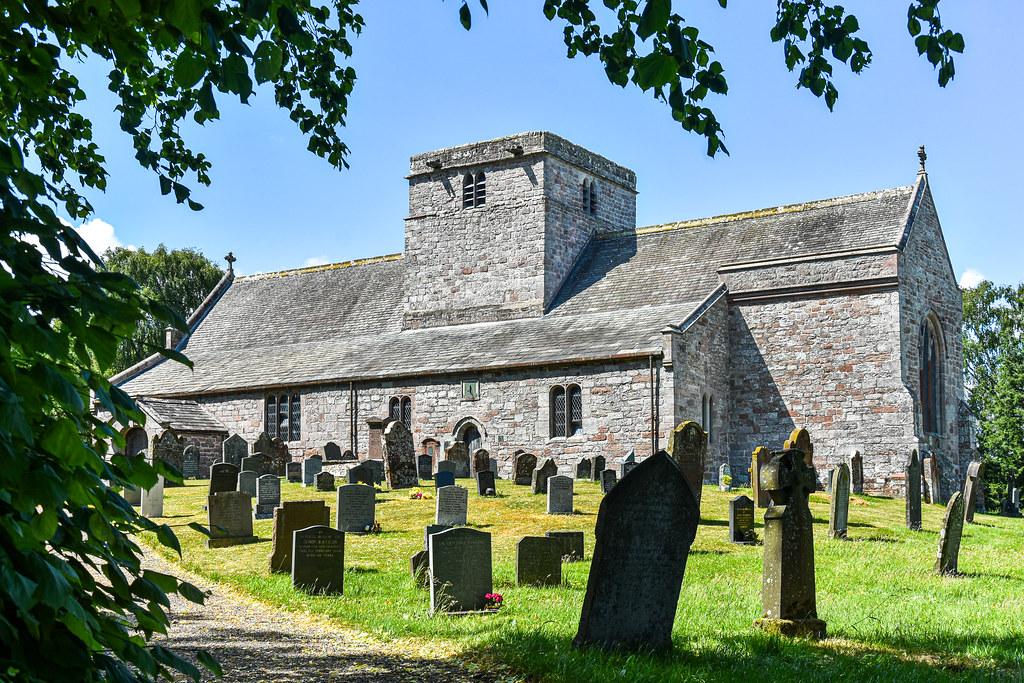

Analyzing Wordsworths Critique of Society in London 1802
In Wordsworth’s profound reflection on London in 1802, the poet delves into the essence of societal transformation amidst industrial revolution echoes. The verses encapsulate a poignant portrayal of a city in transition, where nature’s splendor is overshadowed by the urban chaos emerging beneath its timeless veil. Through his words, Wordsworth unveils a tapestry of emotions, weaving a narrative that resonates with the very fabric of societal evolution.Amidst the clamor of progress, Wordsworth’s critique of society strikes a chord, urging readers to ponder the price paid for advancement. The verses beckon us to reflect on the loss of simplicity and serenity in the wake of relentless modernization. As we navigate through the poet’s introspective musings, we are compelled to confront the dichotomy between progress and preservation, inviting us to contemplate the balance between innovation and tradition in the tapestry of human civilization.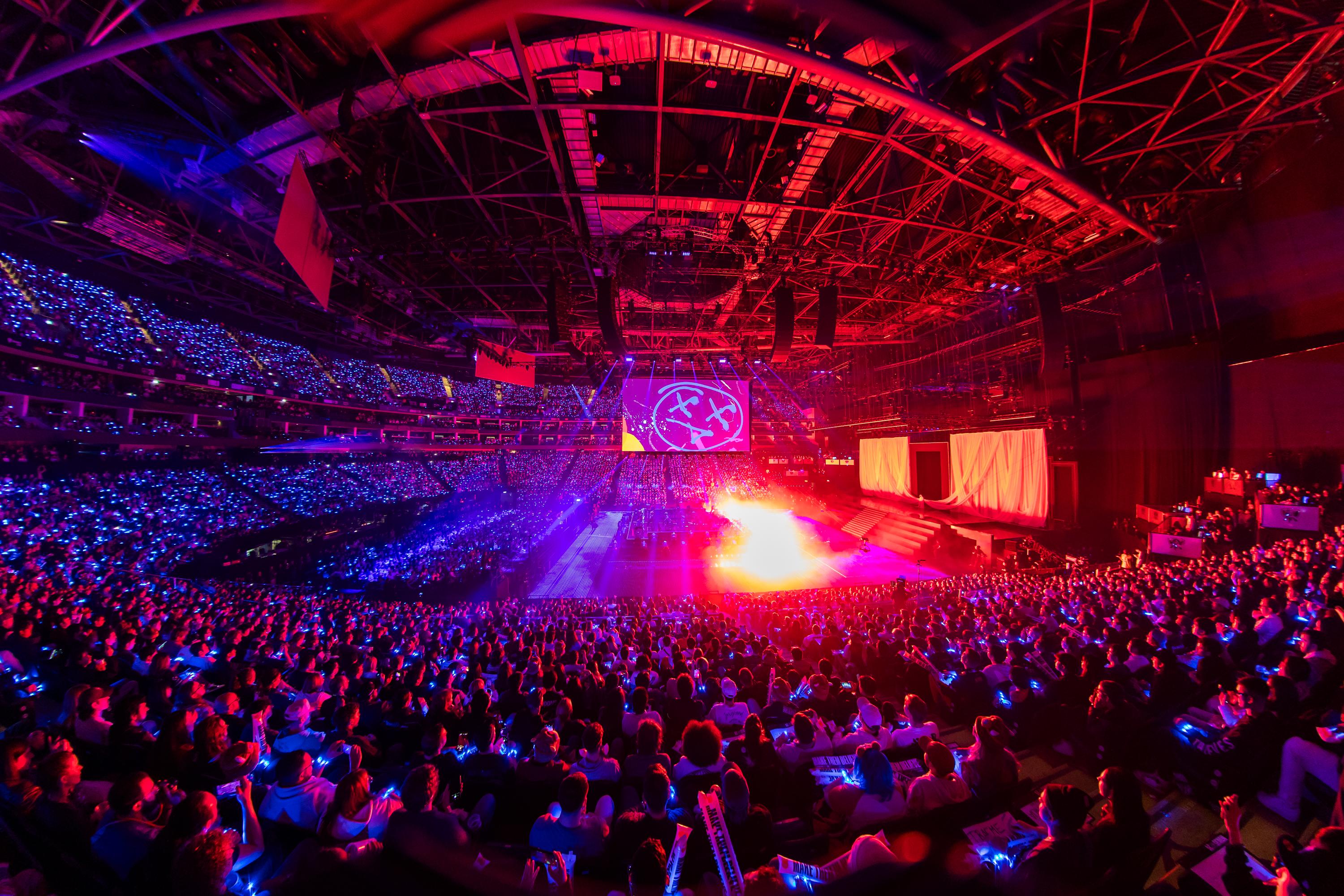

Unveiling the Timeless Relevance of London 1802
Experience the essence of a bygone era as you delve into the captivating world of London 1802. Step back in time and immerse yourself in the historical tapestry of this iconic period, where tradition meets innovation in a symphony of culture and sophistication.
Discover the timelessness of London 1802 through its elegantly preserved architecture, vibrant literary scene, and rich cultural heritage. Let the cobblestone streets whisper tales of yesteryears, while the landmarks stand as silent witnesses to the enduring legacy of this grand city.




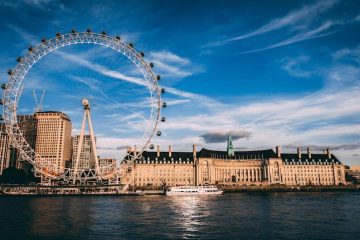
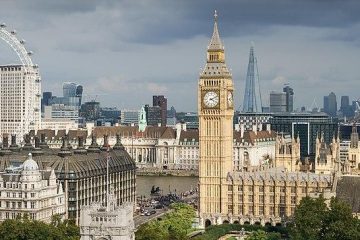

0 Comments